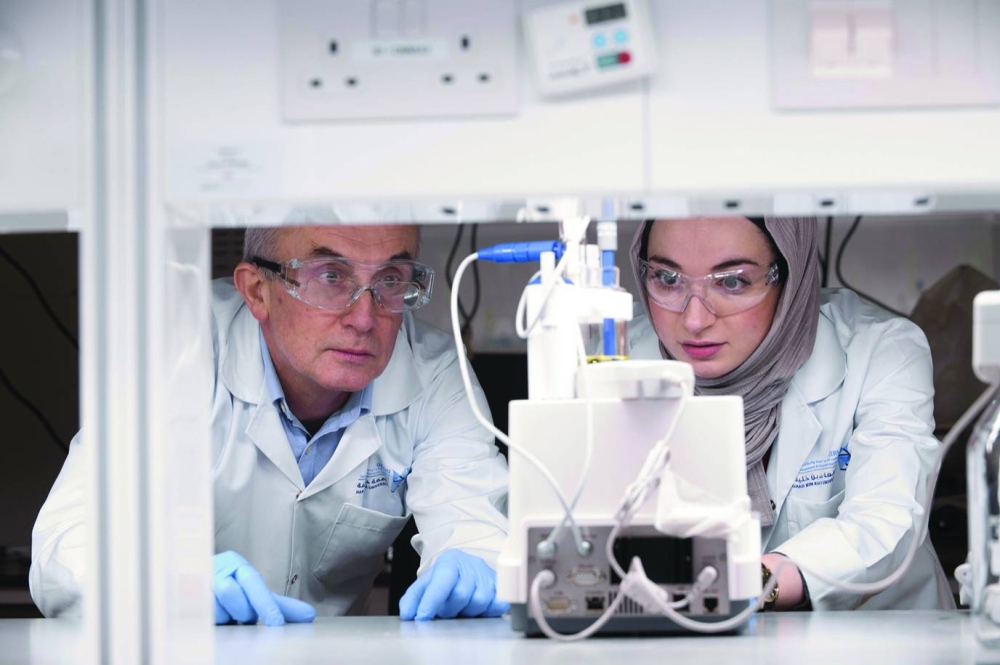When the World Innovation Summit for Health (WISH), Qatar Foundation (QF)’s global health initiative, hosts its seventh edition in Doha on November 13 and 14, several issues relevant to the region will come into focus, a statement said Monday.
A recent study showed that only about 0.17% of people in published genomic studies are of Arab ancestry, with 88% being of European ancestry. This hinders the progress of precision medicine worldwide, as people of European origin represent a minority among the global population.
Yet, at the same time, they constitute the largest percentage of human genome research, which directly affects understanding of prevalent diseases, the methodology for developing treatments, the pharmaceutical industry, and innovative ways to prevent diseases.
The theme of this year’s WISH is ‘Humanising Health: Conflict, Equity and Resilience’, and two of its four tracks are the health of vulnerable and minority populations and system-level innovation and change.
Precision medicine is one of the main fields that will contribute to system-level innovation and change, in addition to the role it plays in highlighting the health of minorities who are not included in research, especially genomic studies.
Speaking about the dominant representation of Western genomes, Dr Radja Badji, translational genomics manager at QF’s Qatar Precision Health Institute (QPHI), said: “Historically, genomic research and major biobanks were established in Western countries where there was substantial early investment in genetic research infrastructure. This led to easier access to research funding and a more established framework for collecting and utilising genomic data.”
However, the tide is changing. In the past decade, several Arab countries including Qatar, Saudi Arabia, UAE, Egypt, and Jordan have set up national genome programmes. Qatar, in particular, has been at the forefront in ensuring Arab genomes are better represented in global genomic databases.
Dr Badji said: “QPHI, through its Qatar Biobank and Qatar Genome Programme, is strategically positioned to address these imbalances by focusing on recruiting a diverse participant base within Qatar. QPHI also emphasises the integration of genomic research into national health strategies, which encourages diverse population participation”.
He added that Qatar Biobank and the Qatar Genome Programme have significantly enhanced the inclusivity of genomic databases, by sequencing and sharing over 14,600 whole genomes from the Qatari population and more than 2,900 genomes from 19 other Arab countries with the research community.
A recent study highlighted that as of 2022, Qatar contributed 96.2% of the Arab representation in GWAS datasets, with the remaining 3.8% coming from 10 other countries, emphasising the significant impact of Qatar’s initiatives on global research. “These efforts have led to identifying more than 24.6mn previously unknown variants and numerous novel disease-associated variants,” added Dr Badji.

Qatar Biobank and the Qatar Genome Programme have significantly enhanced the inclusivity of genomic databases.
